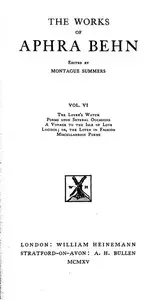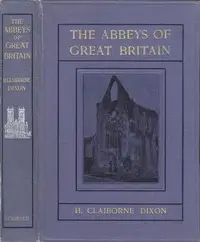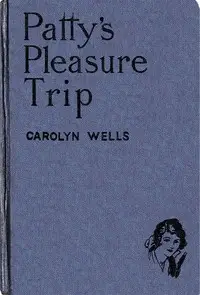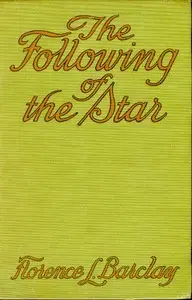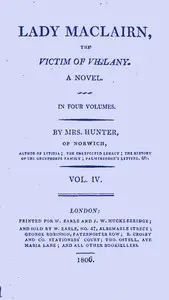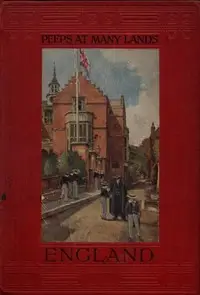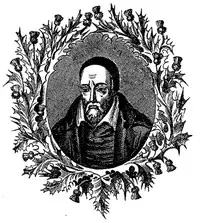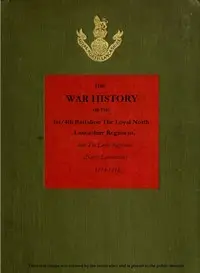"The Works of Aphra Behn, Volume I" by Aphra Behn is a significant collection of plays written in the late 17th century. This volume features notable works such as "The Rover" (Parts I and II), "The Dutch Lover," and "The Roundheads," which explore themes of love, power, and societal norms during the Restoration period. Behn's portrayal of complex characters in vibrant and often humorous scenarios draws readers into the world of 17th-century England with its intriguing social dynamics. The opening of this collected edition sets the stage for an exploration of Behn's life and works, acknowledging the challenges faced in editing her material due to the lack of accurate biographical information about her. The preface highlights the importance of thorough research to separate fact from fiction regarding Behn's life, ultimately emphasizing her significance as the first English woman to support herself through writing. The introduction further alludes to her unique experiences and influences, including her time in Surinam and her subsequent return to England, laying the groundwork for an understanding of her dramatic voice and the vibrant characters that populate her plays. (This is an automatically generated summary.)

The Works of Aphra Behn, Volume I
By Aphra Behn
"The Works of Aphra Behn, Volume I" by Aphra Behn is a significant collection of plays written in the late 17th century. This volume features notable ...
Aphra Behn was an English playwright, poet, prose writer and translator from the Restoration era. As one of the first English women to earn her living by her writing, she broke cultural barriers and served as a literary role model for later generations of women authors. Rising from obscurity, she came to the notice of Charles II, who employed her as a spy in Antwerp. Upon her return to London and a probable brief stay in debtors' prison, she began writing for the stage. She belonged to a coterie of poets and famous libertines such as John Wilmot, Lord Rochester. Behn wrote under the pastoral pseudonym Astrea. During the turbulent political times of the Exclusion Crisis, she wrote an epilogue and prologue that brought her legal trouble; she thereafter devoted most of her writing to prose genres and translations. A staunch supporter of the Stuart line, Behn declined an invitation from Bishop Burnet to write a welcoming poem to the new king William III. She died shortly after.




